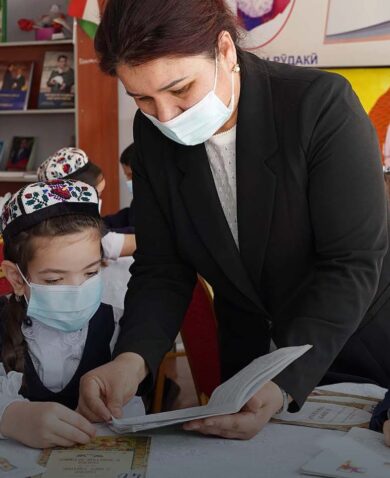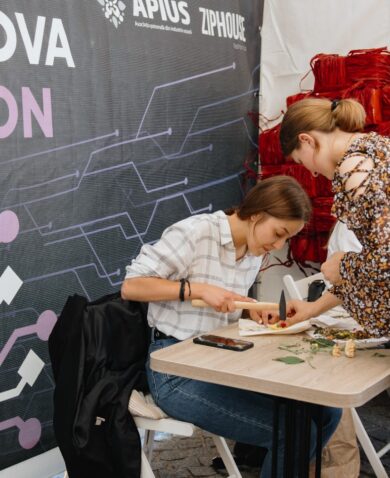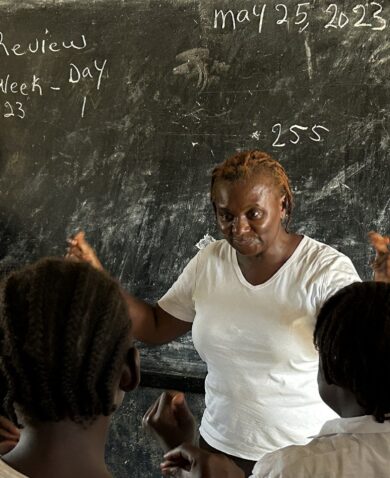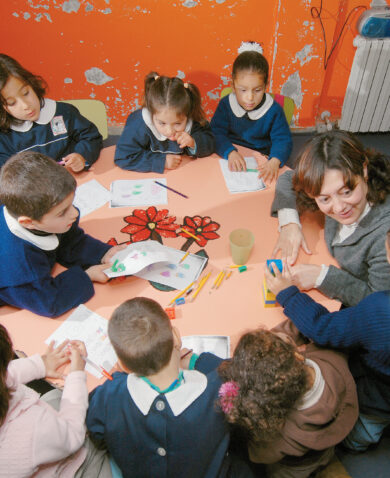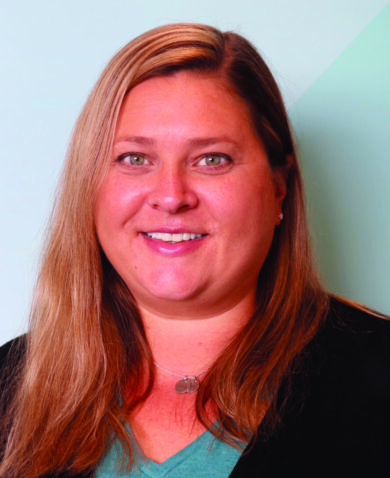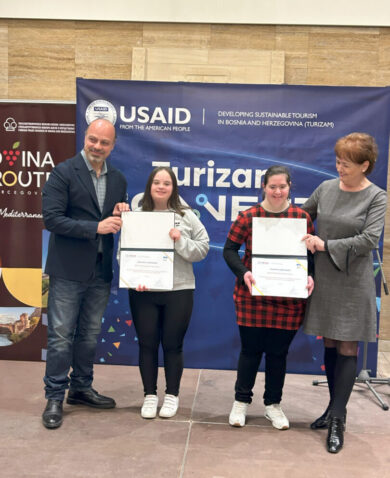
Teacher Learning Circles: A Locally Owned Complement to Coaching
March 10, 2016 | 2 Minute ReadEmet Mohr and Paige Morency Notario discuss two benefits of using teacher learning circles for continuous teacher professional development: local ownership and cost-effectiveness.
Coaching is a welcomed response to the need for active and continuous teacher professional development, which is linked to student achievement gains. Coaching provides significant short-term impact on instruction, but comes with potential long-term sustainability issues due to its high price tag and possible lack of local ownership. Teacher learning circles (TLCs) can serve as a promising addition to the existing coaching model by addressing these two fundamental problems.
What are teacher learning circles?
Teacher learning circles are small teacher communities that learn from and support one another, with the ultimate aim of improving student learning outcomes. The groups reflect on current teaching practices and seek ways to enhance their instructional effectiveness. These groups move through a continuous cycle:
- Reflection: Share experiences and identify challenges
- Learning: Examine experiences and explore solutions
- Planning: Create action plan for solutions
- Action: Take action to test solutions
- Evaluation: Reflect and evaluate effectiveness
Teacher learning circles may begin with any one of these five steps, moving through the remaining steps in a circular pattern. Throughout this process, teachers reflect on their current teaching practices, and they collaborate with their learning circle colleagues to identify potential strategies to mitigate the challenges they face in the classroom. After brainstorming possible solutions, teachers select a strategy and implement it with their students, after which they evaluate its’ effectiveness and either continue implementing the intervention or they make adaptations to address persistent challenges.
How do teacher learning circles promote local ownership and collaboration?
The flexible cycle of learning circles gives teachers the unique opportunity to own the learning process and leverage their professional experiences, knowledge, and understanding to make adaptations at the classroom level to meet the needs of their students. Importantly, Teacher learning circles support the continuation of instructional improvement even after external assistance and coaches have been withdrawn by empowering teachers to become lasting and local resources for one another. Chemonics has put this model to the test by embedding teacher learning circles into 122 primary schools in Georgia. We have already starting to see a positive impact on teacher collaboration and instructional techniques, with 98 percent of principals surveyed agreed that participation has increased collaboration among staff at their school.
Why are teacher learning circles a cost-effective complement to coaching?
While learning circles have similar upfront costs to coaching models with regard to training facilitators, they tend to have fewer long-term carrying costs, as they don’t come with transportation expenses or the high monthly salaries of coaches. They become a cost-effective solution when their low carrying costs are coupled with a demonstrated ability to improve teaching quality. In Georgia, for example, 81 percent of teachers regularly used project developed methodology and instructional materials in their teaching, thanks to the widespread implementation of learning circles at a very low cost structure.
As Chemonics’ experience in Georgia is beginning to show, learning circles have the potential to positively impact teachers’ instructional practices in the short- and long-term, thanks to the low cost and local ownership built into the teacher learning circle model.






